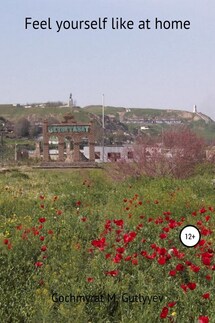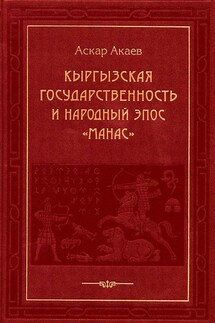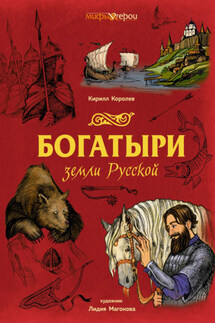Feel yourself like at home - страница 12
To clarify the matter: if someone dislikes (or even disdains) another person, he might say “Salam” very warmly, but then would try to avoid touching this person’s hand. It will be a reason for the latter to evaluate the true attitude of the former.
More examples? Here we go!
An illustration from the living experience, again.
I have many cousins and second cousins. Toward one of them, who is ten years older, I have, let me say, mixed feelings. If the tradition is followed, as a younger man, I ought to greet him first, immediately upon his arrival to our home for a stay. Luckily, he lives with his family far from our town, and visits us quite rarely, only for special family events. Knowing my opinion about him, well in advance of their announced visit, my mother starts warning me again and again: “Behave properly, be polite! He is a guest, meet him outside and greet in a required way”.
Surely, I had (and still have!) at my disposal a full set of nonverbal methods to demonstrate my true opinion toward him: to avoid a handshaking, to bend my fingers without clasping his palm, slightly wetting my own palm just before the handshaking, and so on.
Paradoxically, though, depending upon a situation, sometimes avoiding a handshake would tell about tactful attitude to a visitor. If you are told “sorry, my hands are dirty”, and then a man would outstretch for a handclasp his forearm instead of the palm, more likely he just came back from a toilet and did not wash his hands yet.
Should I remind here that the Turkmens have distinctive traditions of hospitality, and that every welcome visitor will be met with a special care? After all, there is a saying “a guest is more important than a father”!
It seems that a respect of a guest is in the blood of the Turkmen, expressed since early childhood, and they will tolerate with good-natured by indulgence many possible misunderstandings from a representative of another nation, especially from those who are not their neighbors and may be unaware of local customs.
On the other hand, there is room for an opportunity to become a more pleasant visitor if one shows just a little familiarity with local manners—and such willingness in a guest will be appreciated!
An esteemed reader may have noticed that I have talked mostly about men shaking hands. It is easily understandable without a slightest suspicion for what may seem to be a discrimination of women. Being a man, I practice hand shaking with other men every day and nearly every hour. Therefore, details on men greeting men are more known and closer to me rather than styles of greetings between the Turkmen women.
Also, it is natural that in our tradition the ways for greetings between a man and a woman would be different of those between men.
Simultaneously I dare say that the narration will be incomplete it not to touch at least briefly greeting manner among the women.
“Womanly” greetings
We should return to the tribal and geographical differences: in accordance with local traditions in Mary velayat, where I have an origin and live in, men do not exchange handshakes with representatives of the other sex in most cases. On the other hand, again there is no rule without an exception. So, sometimes, women and girls may outstretch both hands for “eleshmek uchin” (“to shake hands”) with a man to demonstrate an especial honor, or when greeting a close friend.






